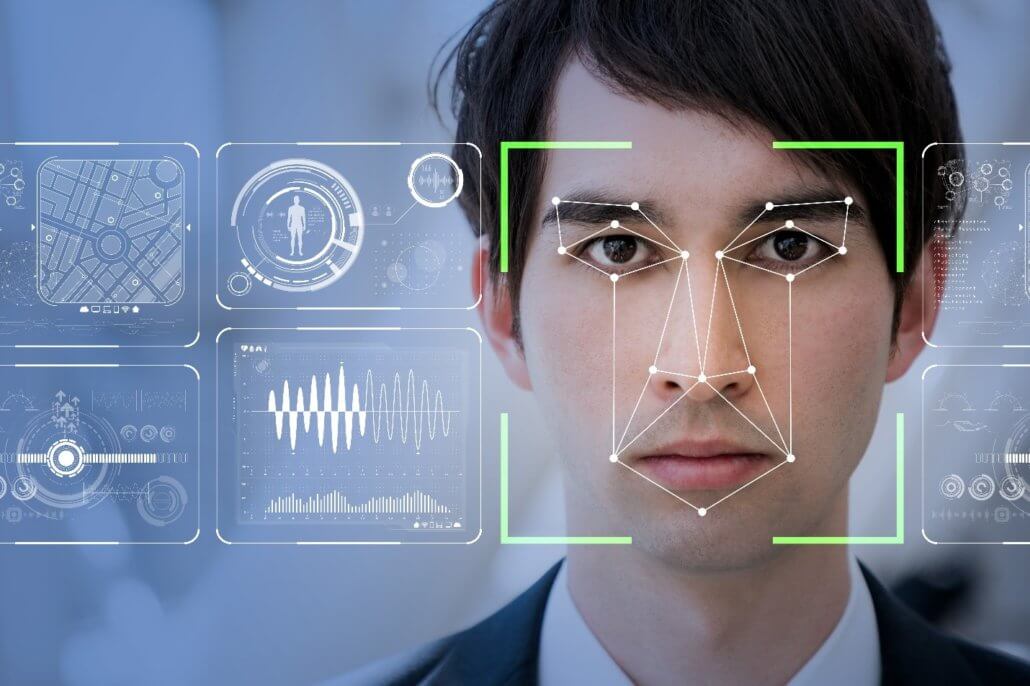In 2020, people had to wear masks worldwide. Hence it represented a huge challenge to facial recognition.
COVID-19 pandemic showed that a smartphone that uses facial recognition does not work with a mask on. That can be frustrating. It is not strange that algorithms designed to analyze faces would be less accurate if part of the face were covered.
Furthermore, the National Institute of Standards and Technology tested 89 commercial facial-recognition algorithms. They found a 5-50% error rate in matching faces with digitally applied masks to photos of the identical person.
However, as masks have caused problems for the facial-recognition industry, the technology has also adapted.
Now, wearing a mask does not necessarily stop a computer from identifying someone. Some facial-recognition technologies still work very well.
At the beginning of 2021, a U.S Department of Homeland Security controlled-scenario test found one with a 96% success rate.
Based on these results, the department announced that organizations that need to perform photo ID checks could enable people to keep their masks on. They said it would reduce the risk of coronavirus infection.
According to Michael Kleinman, from Amnesty International, if you walk in front of a camera where police departments are running facial recognition, your face can be captured and identified.
In the private sector, it is harder to tell whether facial recognition has reduced over the past year.
However, on Monday, it was stated Disney World was to trial facial-recognition technology for a month. Significantly, the technology does not ask guests to take off their masks.
Even before the Coronavirus, research were underway on how facial recognition could work with masks.
Facebook Considers Building Facial Recognition Into Its Upcoming Smart Glasses
In Japan, NEC had been working on a system for individuals wearing masks because of allergies. In January, it announced one it said was 99.9% accurate.
Notably, it works out whether an individual is wearing a mask and then focuses on the uncovered areas, such as the eyes and forehead.
Moreover, the Olympics will use facial recognition due to start this July in Japan. The technology had already been used to check whether individuals were wearing masks at sporting events.
Facebook is also considering building facial recognition into its upcoming smart glasses. However, privacy activists say stalkers could use it.











